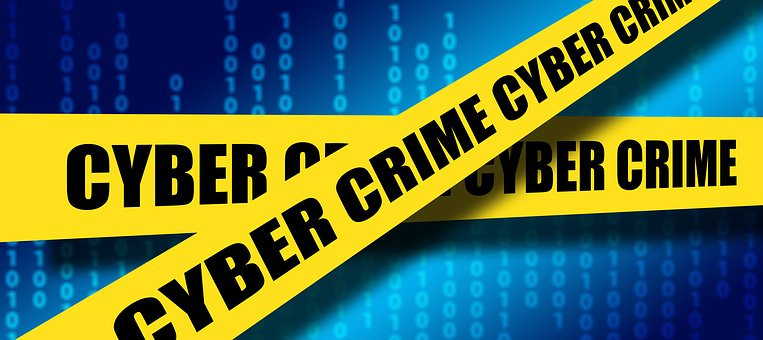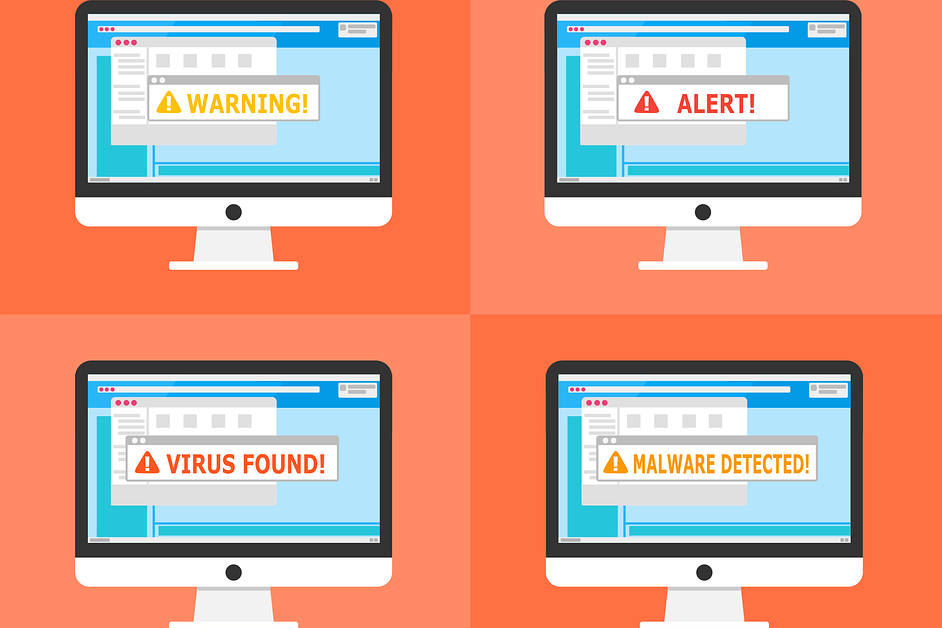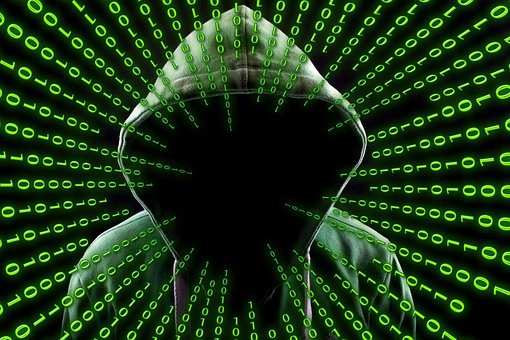Throughout the first day of the International Forum on Cybercrime (FIC), held in the French city of Lille at the end of last January, high-ranking ministers and managers competed in the rostrum making apocalyptic statements and describing the Internet as an eternal battlefield.

Then French Minister of Defence; Jean-Yves Le Drian uttered:
"Cyberspace is a battlefield, a war, with increasingly sophisticated attacks, with weapons that proliferate on the Internet and are easy to acquire".
The same chimes came from the Minister of the Interior Bruno Le Roux: "Foreign states are more and more creative... our computer systems are the target of numerous attacks some of which can affect our sovereignty". Along the same lines, David Martinon, France's ambassador for cyberdiplomacy and the digital economy, argues that "cyberspace is a place of conflict". "I do not think we are in a new cold war, we are in a space where the powers are facing each other, and directly," he said. Minister Le Drian proposed the development of a force dedicated exclusively to computer warfare, with the same rank as the army, navy and air force.
This disquieting context is explained by the US accusation in autumn of last year of Russia influencing the presidential campaign by hacking.
Earlier this year, the accusations became more precise: US intelligence agencies insinuated that the Kremlin had directed attacks designed to favour Republican nominee Donald Trump. However, Pierre Samsom of Orange Ciberdefensa argues that behind all this alarmism lies a "marketing of fear", which is being established in the sector and can be "counter-productive".
"We need to promote peace in cyberspace," he proposes, "to reintegrate researchers for reflection, to have a more panoramic vision. Agree on the rules and how to make people respect them".
"Otherwise, we risk generating an unstable rights-free zone (...) We lack the doctrine to create a domain of peace on the Internet. France and Europe have to make an effort to develop a peaceful Internet space. Without peace, there is no trust and without trust there is no prosperity".
CYBERSECURITY INVOICES MORE THAN DRUG TRAFFICKING
In this context, it is hardly surprising that businesses related to cybersecurity spring up like mushrooms. After the American storm of digital attacks, whose phantom is resurrected every election, global attacks like Wannacry have caused that a market that was already growing at a good pace, has skyrocketed. Gartner Consultants, leader in this stormy sea of computer security says:
By 2020, 75 per cent of cybersecurity-related products will largely rely on predictive analytics technology. Detection and prevention is an increasingly common trend in companies.
Security should not be a watertight and independent compartment of the rest of an organization's technological strategy.
Protection as a service. Managed services are already a fundamental part of this business and the forecast is for it to be more so in the coming years.
GDPR (General Data Protection Register). The new European data protection law will enter into force on May 25, 2018. A time in which the cybersecurity market will be heavily directed by these regulations that impose concrete guidelines for action. This standard becomes an opportunity for security providers.
In short, cyberattacks have gone from being an office worker who inadvertently put a virus in the computer, to being big business. It is a market that invoices as much or more than drug trafficking, and where all organisations and individuals are the object of desire.
The fields of action are multiple and much simpler in fields where cybersecurity has so far not been essential until now. This is the case of industry. According to Kaspersky Lab, two out of five computers related to technological infrastructures of industrial companies had to deal with cyber attacks during the second half of 2016. It is not the only one, but of course, it is a good example.









